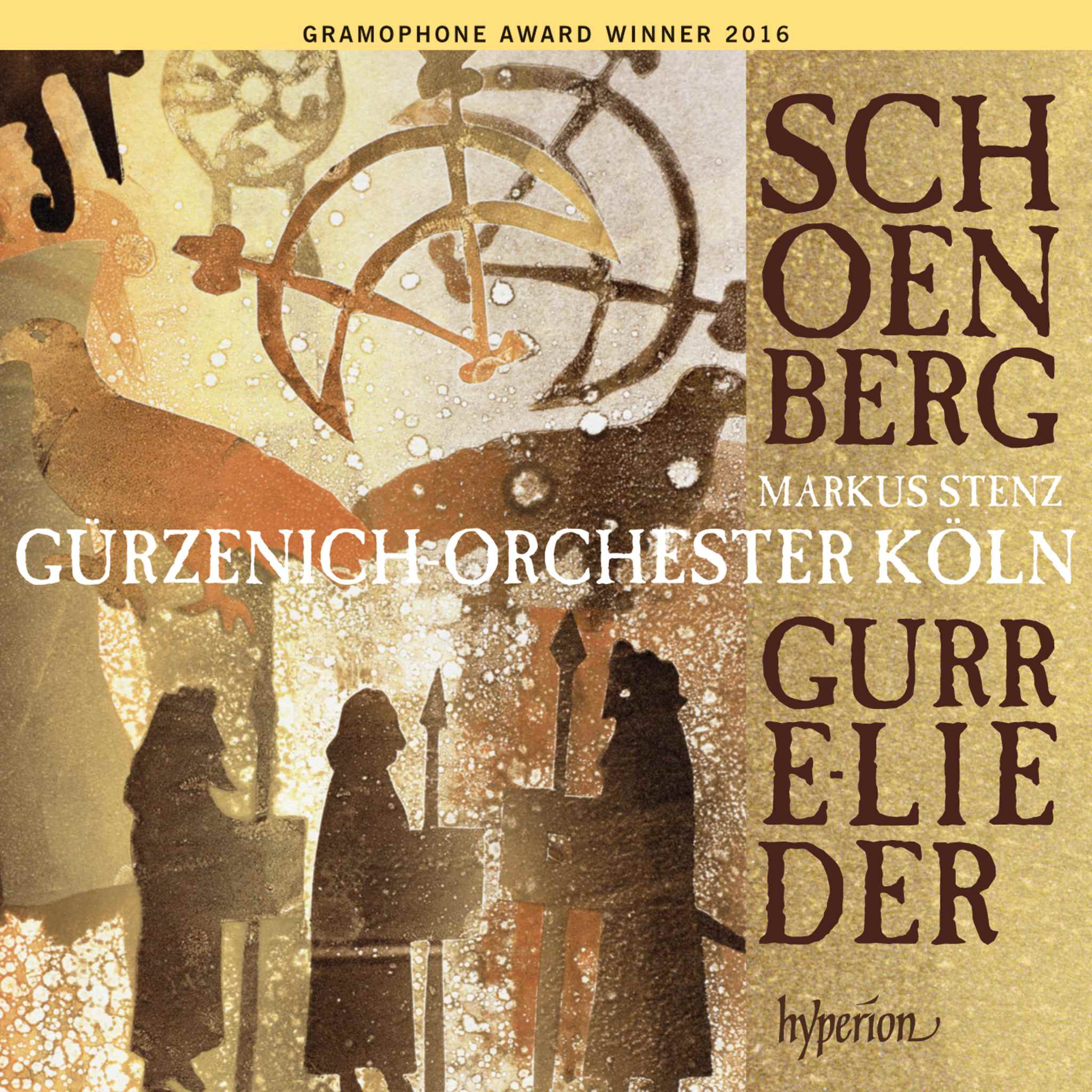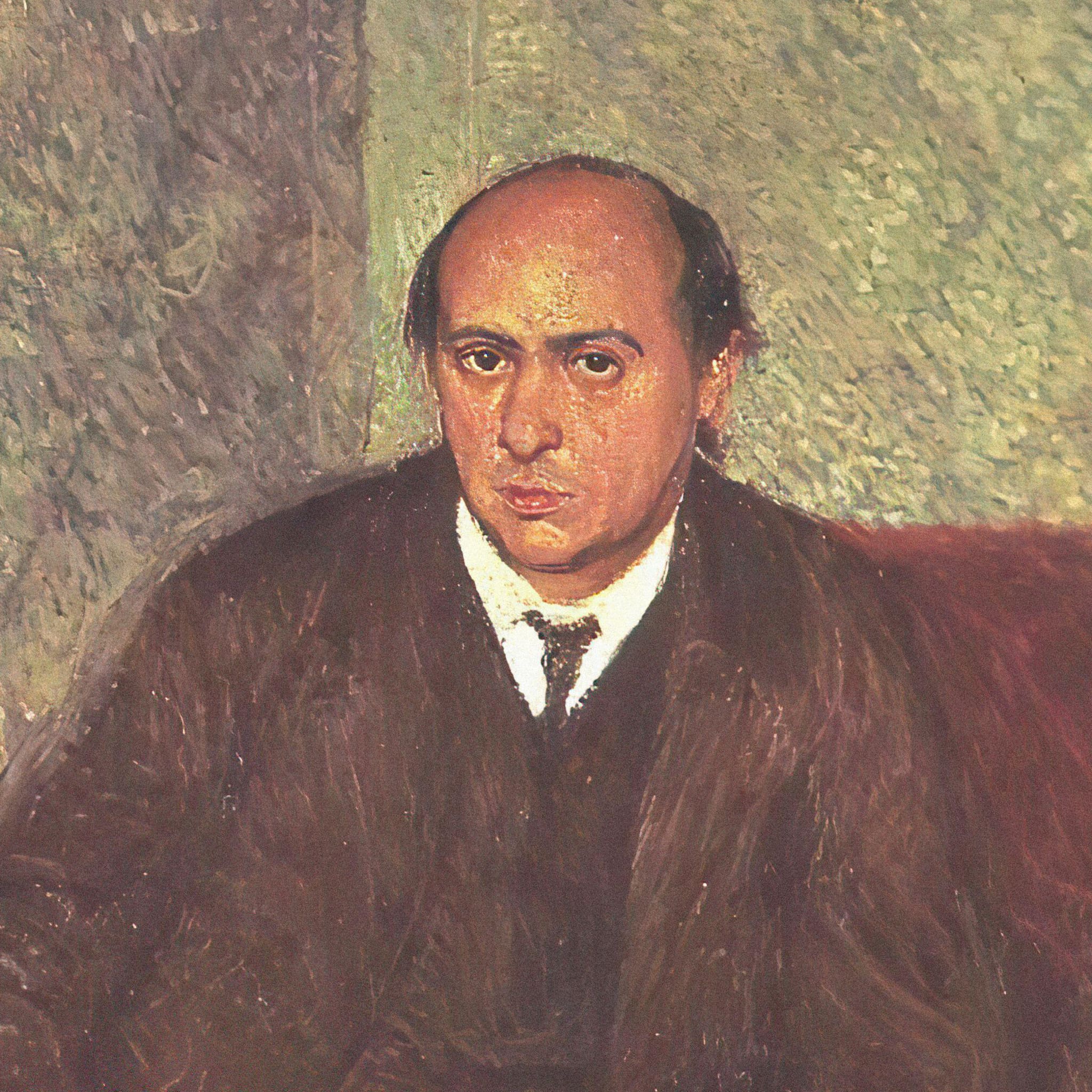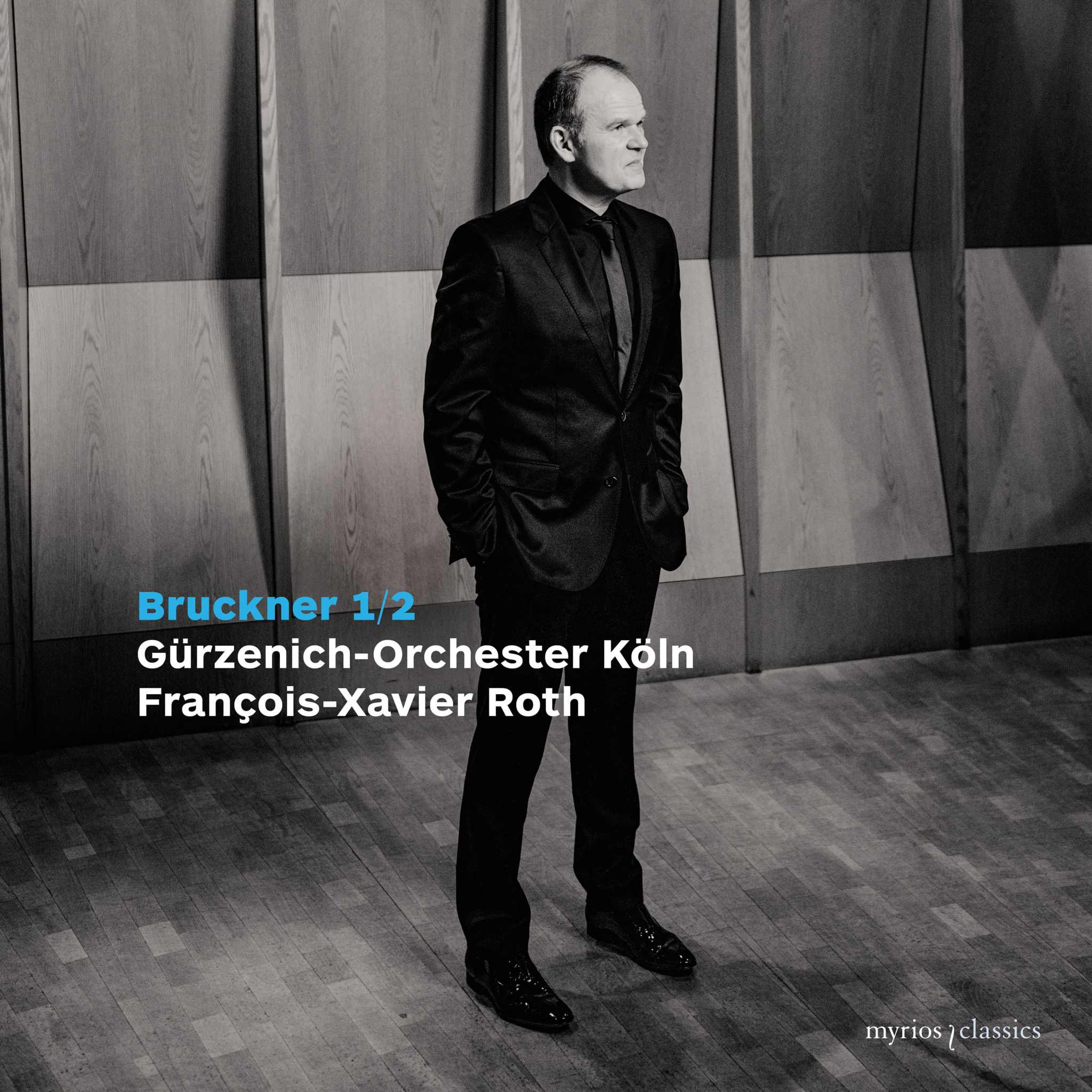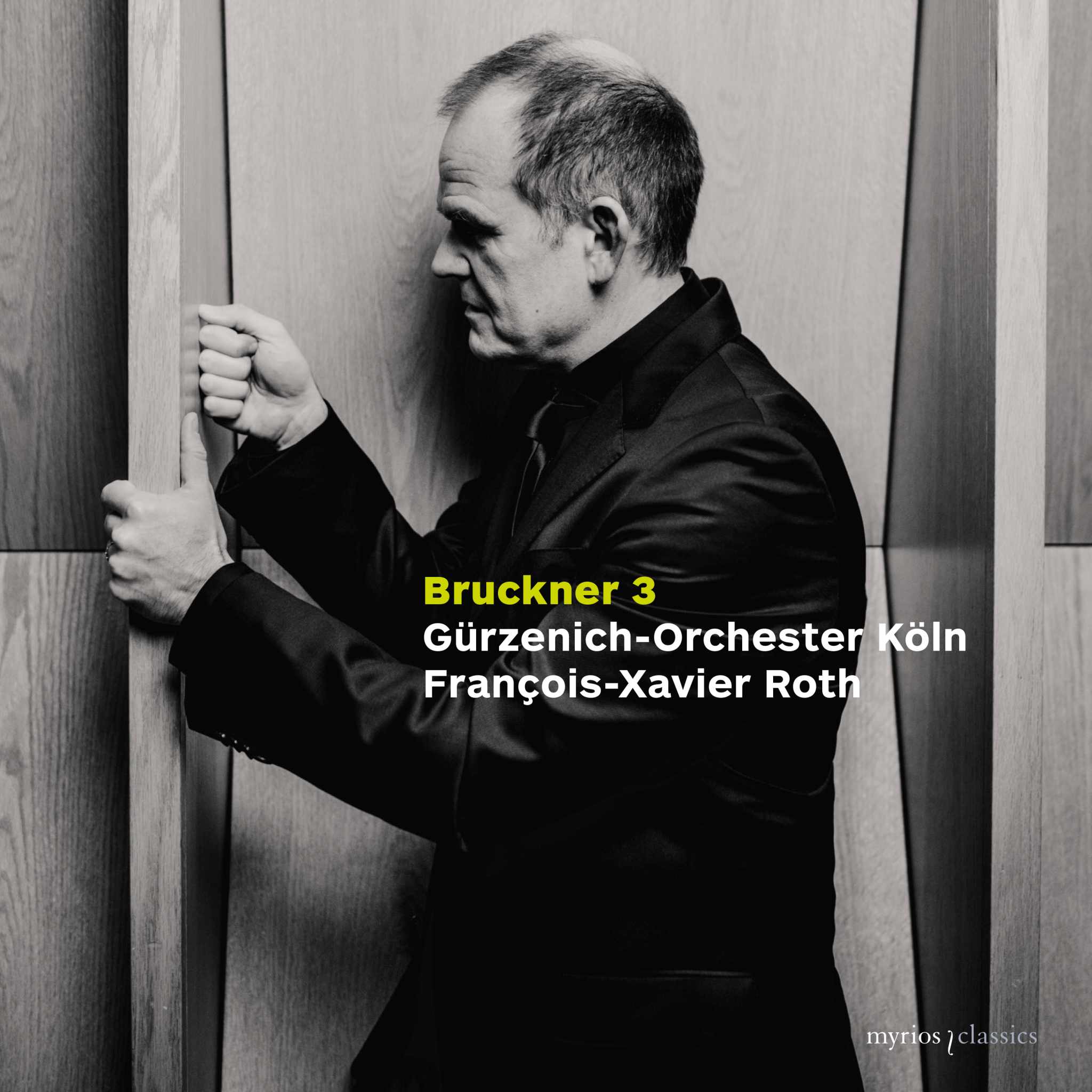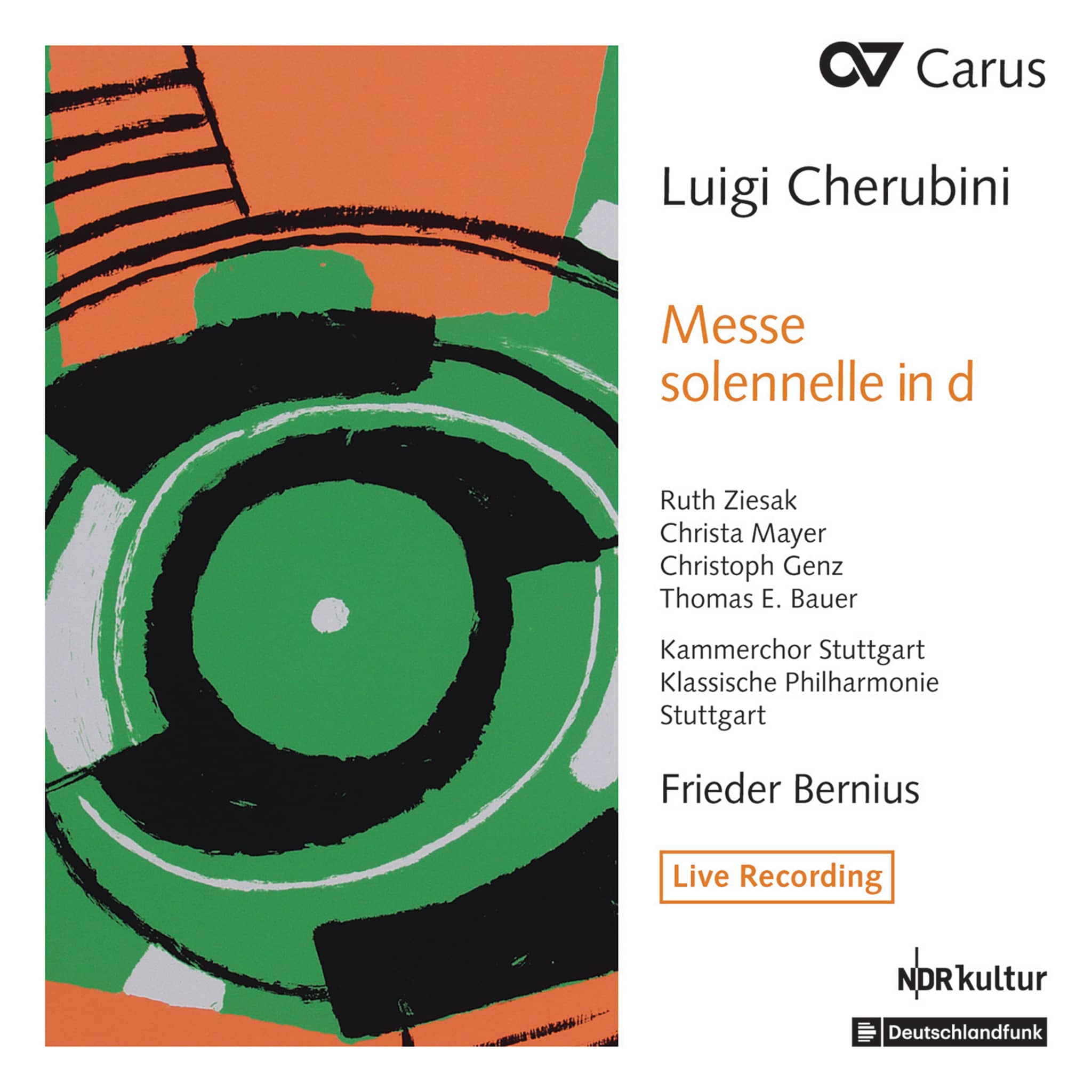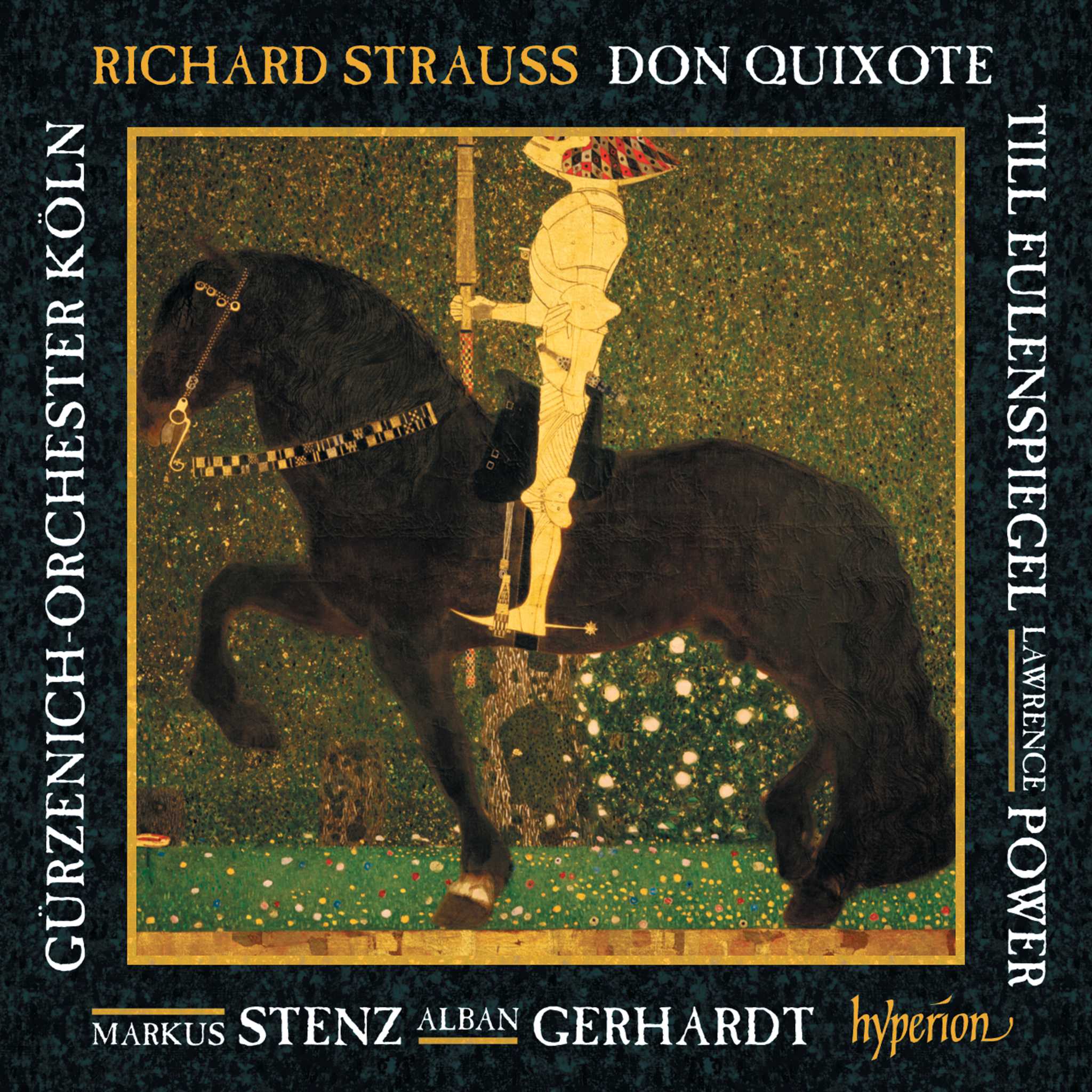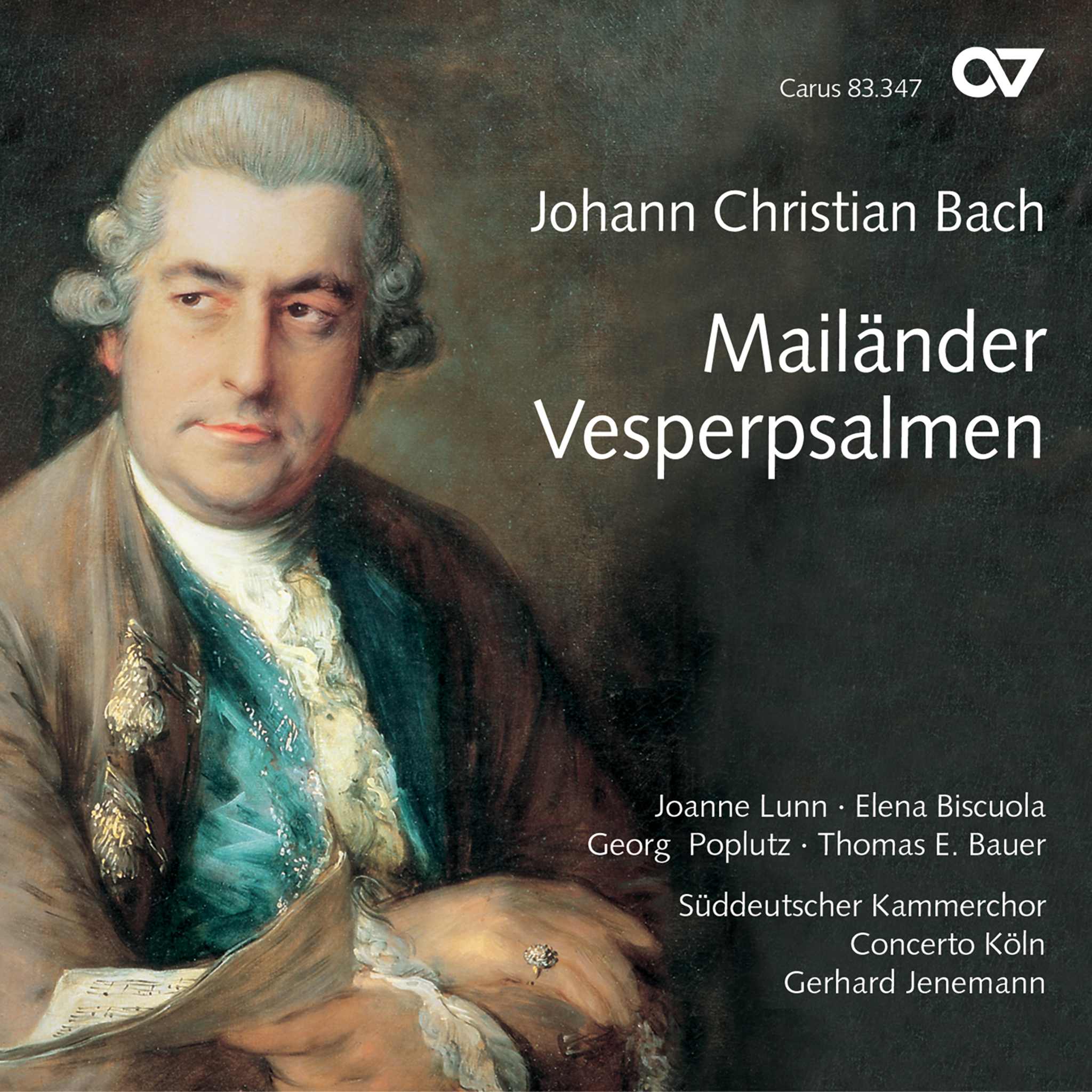In 1900, Arnold Schoenberg began composing a song cycle for soprano, tenor, and piano, which over time evolved into a large-scale cantata. The work is based on poems by Jens Peter Jacobsen, inspired by medieval legends and clearly influenced by the fin de siècle and Wagnerian traditions. The "Gurre-Lieder" tell the story of King Waldemar, his lover Tove, and Queen Helwig, whose love ends tragically. Waldemar curses God and Tove and is condemned to eternal hunting for his deeds, until spring finally brings him redemption. Despite Schoenberg's already well-known atonal compositions, this work was enthusiastically received and demonstrates his exceptional mastery of dramatic expression.
The "Gurre-Lieder" focus on the themes of love, loss, and the search for redemption, and the work is situated somewhere between opera and symphonic poem. In the first part, listeners experience the passionate relationship between Waldemar and Tove, as well as Tove's tragic death. The second section depicts Waldemar's anger at God and his curse, followed by his damnation. In the third part, "The Summer Wind's Wild Hunt," Waldemar is sent on a restless chase with spirits, which ultimately ends with Waldemar and Tove's reunion amidst the awakening of nature. Schoenberg interweaves a wide variety of musical motifs and employs an original orchestration, creating a unique soundscape.
This work represents a high point at the intersection of Romanticism and Modernism and is characterized by an impressive diversity of musical influences. A clear, emotionally charged dramaturgy unites the individual parts into a monumental whole. Through the complex musical structure and the use of recitative, Schoenberg delves deeply into the realm of human emotions, creating a composition of timeless relevance that powerfully illuminates the human experiences of love, loss, and redemption.

